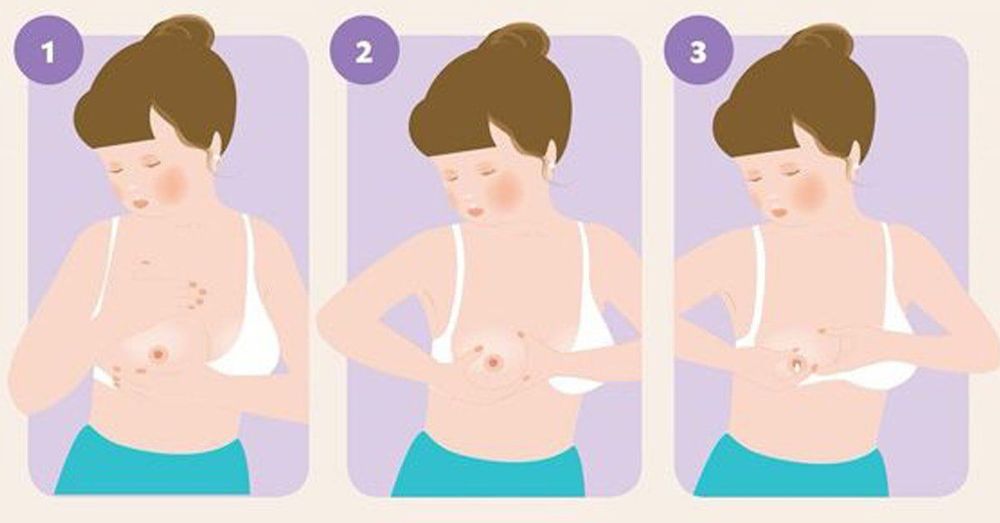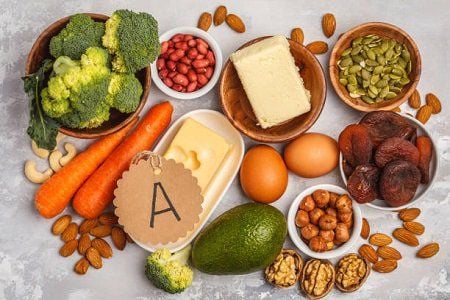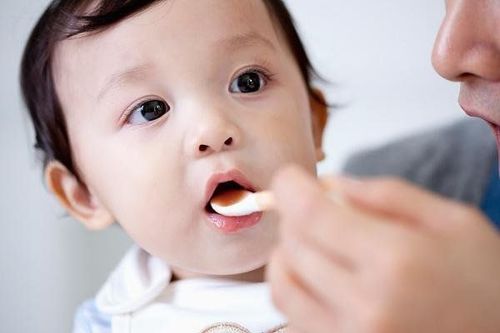This is an automatically translated article.
Breastfeeding advocates and experienced moms are both amazing. However, breastfeeding may not be suitable for some women for certain reasons. Is it okay not to breastfeed, whether breast milk will stop on its own is a matter of concern.
1. Is it okay not to breastfeed?
Most mothers after giving birth want to breastfeed their babies. In recent years, campaigns to promote breastfeeding have grown, breast pumps and storage devices have become widely available, discussions and expert guides have appeared everywhere. However, the breastfeeding journey for some people can be so difficult that they give up.
Some women's first-time breastfeeding experience is so overwhelming that they panic and aren't sure if they can make it through the next pregnancy. But is it okay not to breastfeed? It should be affirmed that breastfeeding is not the only measure of a woman's greatness and skill as a mother. Those who don't breastfeed are still great moms, because they can't get enough milk, and even the breasts just secrete blood instead of milk. Doctors also believe that infant formula is also a good choice.
In the first days after birth, mothers who give formula milk to their babies will rest more, sleep well and eat on time. This can make you appear to be a bad mother when you put your own interests before the child. In fact, the non-breastfeeder is just keeping herself healthy to take better care of her baby, and you don't have to be ashamed of it.

Trường hợp mẹ không thể đủ sữa sẽ giữ sức khỏe để có thể chăm sóc đứa trẻ tốt hơn
2. If you don't breastfeed, will your breast milk run out on its own?
Some mothers wonder why they can't breastfeed and still have milk. Explaining this problem, doctors said that humans are also mammals, so women are biologically programmed to make milk for their babies. This process begins as soon as a woman becomes pregnant. You may notice your breasts secreting colostrum (early breast milk) from the 16th week of pregnancy onwards. The placenta and the birth of the baby will send signals to the body, telling the body to start producing more milk. Whether you intend to breastfeed or not, your breasts will still be full and heavy as soon as your baby is born.
In the case of not breastfeeding, it will take a week for the body to recognize this signal and stop lactation. The hormone that makes breast milk is called prolactin. If you don't breastfeed or pump, your body starts to secrete prolactin inhibitory factor (PIF). PIF sends signals to the brain that milk is not needed and gradually stops milk production.
3. How to relieve discomfort caused by engorgement

Khó chịu do căng tức sữa
If you are not breastfeeding or expressing milk, it usually takes 7-10 days after giving birth for hormone levels to drop to the same level as when not pregnant or breastfeeding. During this time, you may feel some discomfort due to breast engorgement. Experts have suggested a few suggestions to help you reduce the discomfort caused by engorgement as follows:
Wear a supportive bra Women should wear a dedicated support bra to feel more comfortable, but be careful. do not tighten too tight. This mistake can lead to problems such as mastitis and the plugged duct, as well as further discomfort.
Cold compress and medication You can also apply cold with an ice pack, combined with non-steroidal anti-inflammatory drugs such as ibuprofen. These measures won't make you produce less milk, but can make you more comfortable, less painful, and engorged.

Vắt sữa bằng tay đúng cách
Expressing or massaging the breasts If you really can't stand it, you can express a small amount of milk to relieve breast engorgement. But keep in mind that expressing milk regularly will cause your body to produce more milk, which in turn will take longer for your breast milk to run out. In case you are uncomfortable but don't want to express milk, you can also massage your breasts under a warm shower while taking a shower. Note, this action can also stimulate milk production similarly, so it should be limited if you want to run out of milk quickly.
Natural therapy Some doctors believe that applying raw cabbage leaves to the breasts will help relieve discomfort and reduce milk production. The way to do it is as follows: choose beautiful cabbage leaves and keep in the refrigerator, remove after a sufficiently cold time and apply to the chest. This is a safe way that you can try at home to see if it works.
For those who still wonder if it's okay not to breastfeed, it's the mother who knows what's best for her baby. So do what you feel is right and don't let others control you. The instincts of a mother are better than any other book or advice. Postpartum mothers must both listen, find joy and overcome pain and fear. They therefore need support, encouragement and support in all their own decisions.
Breast milk is a precious source of nutrition that no other milk can compare, but for some reason a mother cannot give her baby that precious milk. At this time, engorgement can still occur. Therefore, mothers can apply some ways to stop lactation and relieve pain when engorged.
Vinmec International General Hospital is the address for examination, treatment and prevention of many diseases. With modern facilities, a team of experienced doctors, convenient medical services will create maximum satisfaction for customers.
Please dial HOTLINE for more information or register for an appointment HERE. Download MyVinmec app to make appointments faster and to manage your bookings easily.
Reference source: babycenter.com













